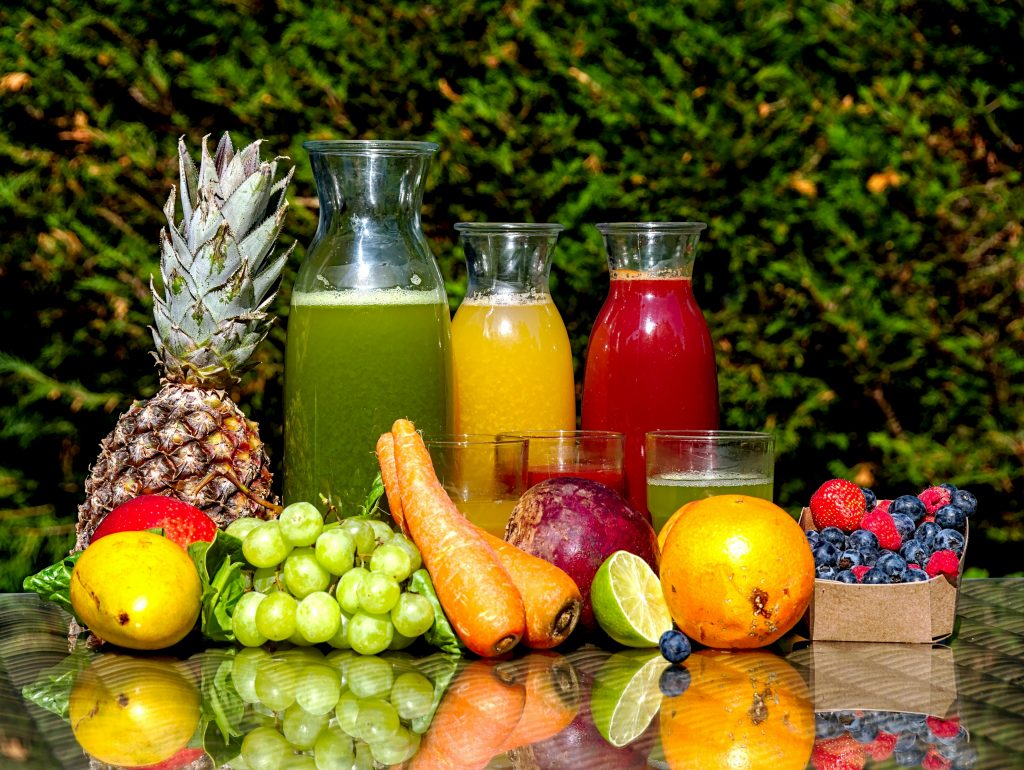
When it comes to men’s hair growth, the importance of a nutrient-rich diet cannot be overstated. While genetics play a significant role, the foods you consume can either support or hinder your hair growth journey. This article delves into the science behind hair growth, the role of nutrition, and how a healthy lifestyle can make a difference.
The Science of Hair Growth
Hair growth occurs in cycles, consisting of three main phases: anagen (growth phase), catagen (transitional phase), and telogen (resting phase). Each hair follicle operates independently, ensuring that not all hair is in the same phase at the same time. The anagen phase can last anywhere from two to six years, and the longer this phase, the longer the hair will grow.
Several factors influence these phases, including hormones, age, and overall health. However, one of the most controllable factors is nutrition.
The Role of Nutrition in Hair Growth
Nutrition plays a pivotal role in maintaining healthy hair. Here are some key nutrients that are essential for hair growth:
- Protein: Hair is primarily made of a protein called keratin. Consuming adequate protein ensures that your body has the building blocks it needs for hair production.
- Iron: Iron deficiency can lead to hair loss. Iron helps red blood cells carry oxygen to your cells, including hair follicles.
- Omega-3 Fatty Acids: These healthy fats nourish the hair and support scalp health.
- Vitamins A and C: Vitamin A helps produce sebum, an oily substance that moisturizes the scalp. Vitamin C is crucial for collagen production, which strengthens hair.
- Zinc: Zinc deficiency can lead to hair loss. Zinc supports hair tissue growth and repair.
- Biotin: Biotin, a B-vitamin, is often associated with hair health. It helps convert nutrients into energy and supports keratin production.
Examples of Nutrient-Rich Foods
Incorporating the following foods into your diet can help ensure you get the nutrients needed for optimal hair growth:
- Eggs: Rich in protein and biotin.
- Spinach: High in iron, vitamins A and C.
- Fatty Fish: Such as salmon, which is high in omega-3 fatty acids.
- Nuts and Seeds: Provide zinc and healthy fats.
- Sweet Potatoes: Packed with beta-carotene, which the body converts to vitamin A.
- Beans: A good source of protein, iron, and zinc.
Case Studies and Statistics
A study published in the “Journal of Clinical and Aesthetic Dermatology” found that participants who consumed a diet rich in omega-3 and omega-6 fatty acids, along with antioxidants, experienced a significant reduction in hair loss and an increase in hair density.
Another research article in “Dermatology Practical & Conceptual” highlighted that iron deficiency is a common cause of hair loss in men, emphasizing the importance of iron-rich foods in the diet.
Healthy Lifestyle Choices
Beyond nutrition, other lifestyle factors can influence hair growth:
- Regular Exercise: Improves blood circulation, ensuring that hair follicles receive adequate nutrients and oxygen.
- Stress Management: Chronic stress can disrupt the hair growth cycle. Practices like meditation and yoga can help manage stress levels.
- Adequate Sleep: Sleep is essential for overall health, including hair health. Aim for 7-9 hours of quality sleep per night.
- Avoiding Smoking and Excessive Alcohol: Both can negatively impact hair health by reducing blood flow to the scalp and depleting essential nutrients.
Conclusion
In conclusion, while genetics play a role in hair growth, a nutrient-rich diet and a healthy lifestyle can significantly influence the health and growth of your hair. By incorporating foods rich in essential vitamins and minerals, managing stress, exercising regularly, and getting adequate sleep, you can support your hair growth journey. Remember, healthy hair starts from within, so fuel your body with the right nutrients to see the best results.
